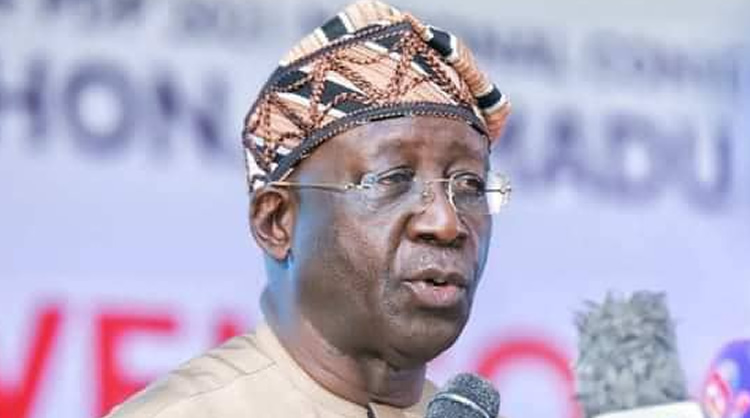NEWSWEEK
Russia moving tactical nuclear weapons into Belarus is an escalation, but one that exposes Russian President Vladimir Putin’s nuclear threats to be “hollow,” experts have told Newsweek.
Allusions and direct threats of nuclear weapons use have defined the course of the Ukraine war since the start of all-out conflict in February 2022, and have influenced the thinking of NATO countries providing aid to Kyiv.
On Saturday, Putin announced that Moscow would station nuclear weapons in Belarus for the first time in decades. Belarus has proved to be one of Russia’s most steadfast allies, and its strongman leader, Alexander Lukashenko, has supported Moscow’s war in Ukraine.
A storage facility in Belarus will house tactical nuclear weapons from July 1, Putin told state media. He said the move would not violate non-proliferation agreements, adding “there is nothing unusual about this.”
Russia has already transferred an unspecified number of Iskander missile systems to Belarus, Putin said. These systems are capable of carrying nuclear weapons.
The U.S. has “not seen any reason to adjust our own strategic nuclear posture,” a senior administration official said in the wake of the announcement.
There were no “indications Russia is preparing to use a nuclear weapon,” but the U.S. will “continue to monitor this situation,” the official said.
The Washington-based Institute for the Study of War think tank said on Saturday that despite the announcement, the risk of escalation to nuclear war “remains extremely low,” with Putin repeatedly threatening “to use nuclear weapons without any intention of following through in order to break Western resolve.”
It is nonetheless an escalation, according to Colonel (Retd) Hamish de Bretton-Gordon, who previously commanded U.K. and NATO chemical, biological, radiological and nuclear defense (CBRN) forces. It’s certainly a change from the post-Cold War period, Andrew Futter, professor of international politics at Leicester University, U.K., added.
A deviation from the nuclear policy of the last 30 years, it is also “a massive strategic error,” de Bretton-Gordon told Newsweek.
Putin has shown his nuclear threats to be “hollow,” he said, adding, “I don’t think he’s got any aces left to play.”
There are many U.S. soldiers stationed across Europe, he added, which would be a “concern,” albeit one “much more on the minds of European countries.”
Yet the U.S. is unlikely to be affected differently from other NATO countries, Futter argued.
It is also a move that pulls Belarus into the war, de Bretton-Gordon added. “Belarus is now a target.”
Sviatlana Tsikhanouskaya, the exiled Belarusian opposition leader, said on Saturday that placing nuclear weapons in Belarus makes the country a “potential target for preventive or retaliation strikes.”
It is an “unacceptable development” that “grossly contradicts the will of the Belarusian people,” she wrote on Twitter.



